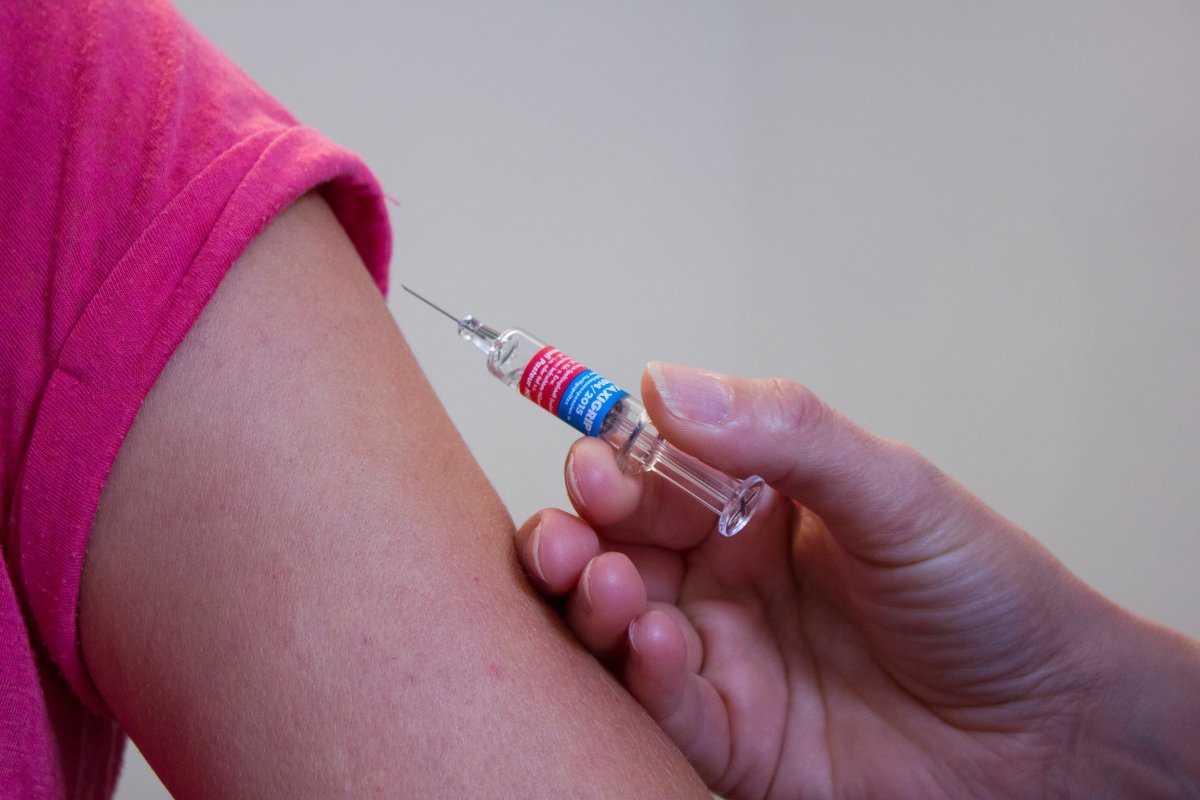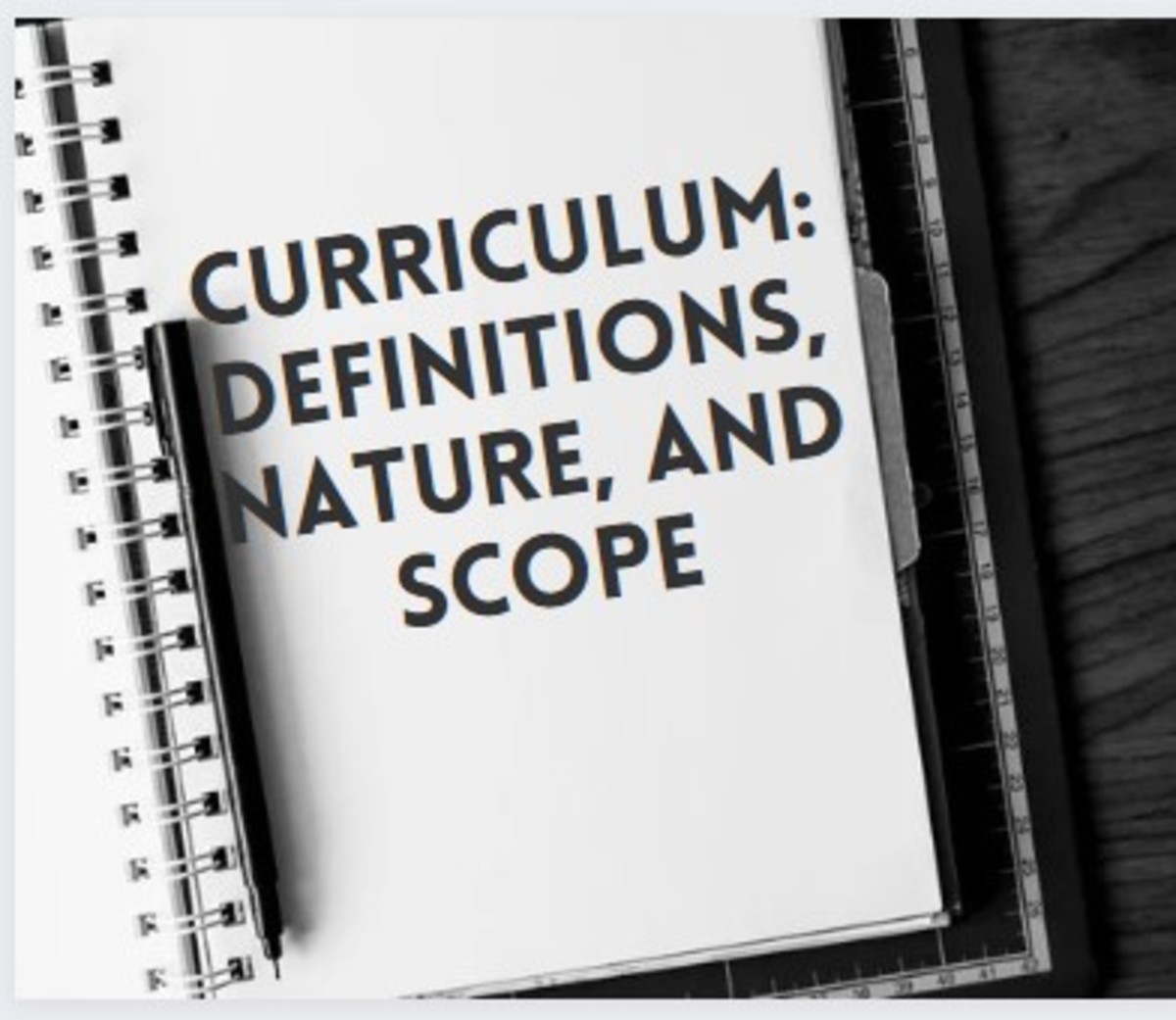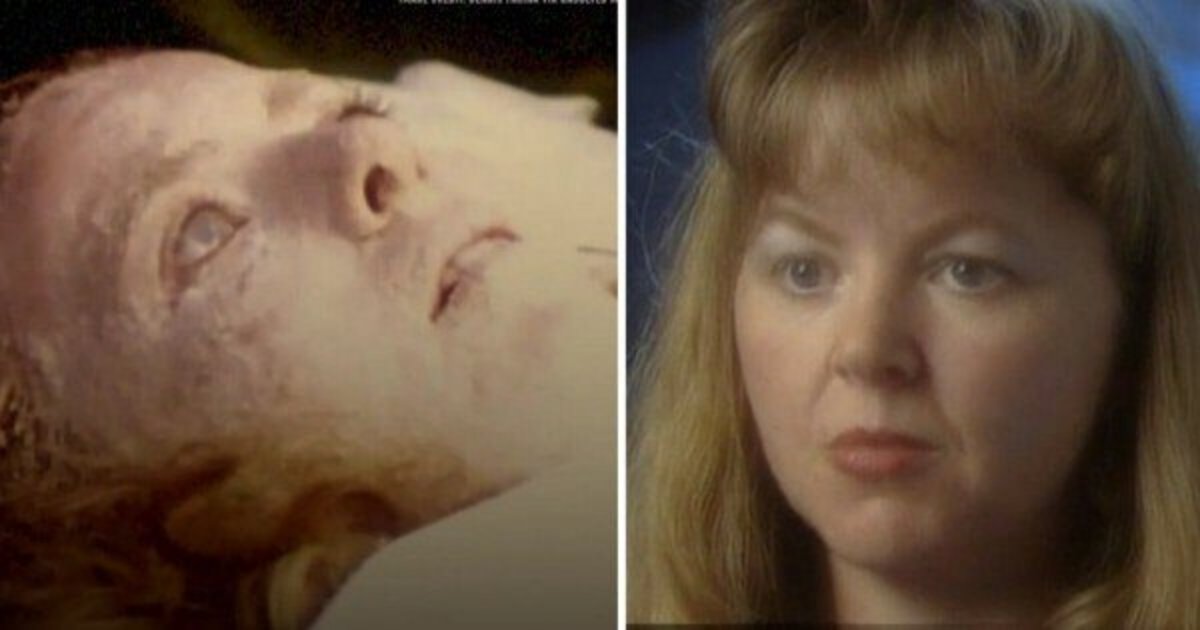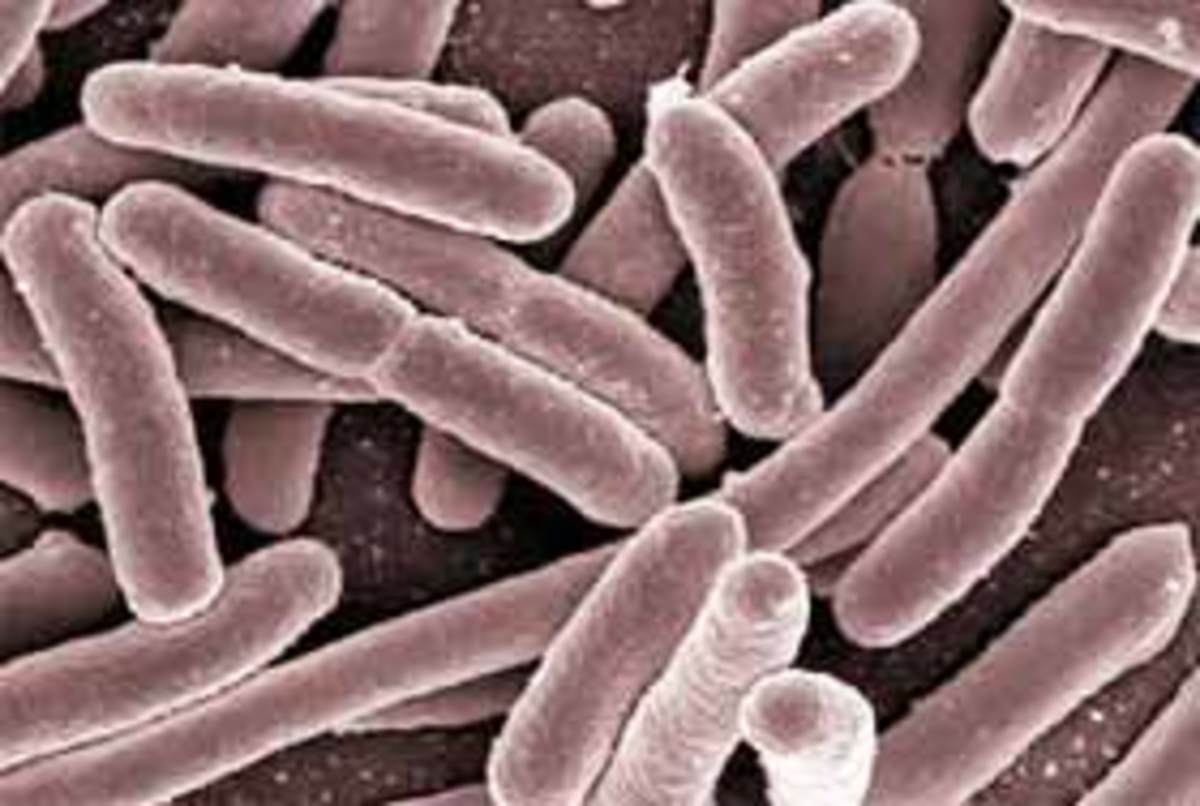What is Pharmacy School Like?
What does pharmacy school accomplish?
Currently in the United States, completion at an accredited pharmacy school grants a Doctorate in Pharmacy. While in the past it was possible to receive a bachelor degree in pharmacy and become a registered pharmacist (RPh), that degree has been phased out. The primary reason for this has been the increased clinical education of pharmacists overall. Upon graduation, the post-grad must seek to pass the pharmacy boards, and the state law test in which state they seek to practice within.
What kind of person is suited for pharmacy school?
An individual who has an aptitude for the sciences and wanting to be involved in the health care field with involvement with people are suited to becoming pharmacists. Often the case, pharmacy practice tends to be the less 'on hands' experience in the realm of medicine. Pharmacists are not involved with direct patient physical assessment, usually, and are not expected to directly touch a patient. This can often be a limiting aspect for some that want to be involved with caring for patients, but cannot stand the sight of blood or bodily fluids.
In terms of overall education prior to school, a individual who possessed knowledge of chemistry, biology, and math will be able to understand the core subjects taught in pharmacy school. However, one thing that cannot be overstated, and even within the realm of medical school, is being able to communicate well. This is a key aspect for anyone that wants to work in the healthcare field. One needs to be able to communicate with individuals and be able to work in a team and as a leader.
How do you get into pharmacy school?
There are several ways of getting into pharmacy school:
- Traditional: Right out of highschool. Taking the SAT, high GPA, school activities are heavily encouraged.
- Non-Traditional: After completing a prior degree (usually in the sciences)
In addition, one must take the Pharmacy College Admission Test (PCAT). Think of this as similar to the pre-med student taking the MCAT.
Next, it has to be mentioned that there are several types of pharmacy school. There is the traditional 4-year program, and then the accelerated 3-year program that goes year round. There are pluses of minuses of course. In one respect, you could finish earlier, but on the other hand you are missing out opportunities to work or relax during the summers. It often seems the case that the accelerated programs usually look for older students that have accomplished a prior degree and are seeking to get through school faster. The primary reason being that the accelerated programs are stressful and quite demanding and demonstrations through past education or experience are commendable.
If one pursues a traditional route, in other words right out of high school, a there are several class requirements that need to be accomplished prior. Usually this involves 2-years worth of classes and the student usually is thrown under the label as 'pre-pharm.' Several required classes involve: chemistry, organic chemistry, calculus, statistics, biology, and physics.
Lastly, the topic of a 'guaranteed seat' may come up depending on the school. What this means is that most schools screen students prior to admission to the college for a spot in pharmacy school as long as they meet all the minimum requirements. The reason for this is that often there are more applicants/pre-pharm students than actual spots in pharmacy school. It is expected that not all those that have a guaranteed spot will meet the requirements, and thus those spots will be open, and then filled prior by others that did not have a guaranteed spot or interested in pharmacy.
So what happens in pharmacy school?
The first theee years of pharmacy school involve didatic classes, intermixed with pre-clinical experiences. The last year places the student in advanced clinical settings.
The first year of pharmacy school involves primarily anatomy and physiology, pharmaceutics (a class on pharmacy calculations and preparations on medications), compounding, pharmacy calculations, and professional development classes (dealing with patients, assessments, speaking skills).
The second and third year sees the student starting their clinical classes with the bread and butter being pharmacology (how drug works) and pharmacotherapy (disease states, pathophysiology, epidemiology, diagnosis requirements, treatments with an emphasis on medications). In addition, students will take medical microbiology, biochemistry, statistics, pharmacokinetics calculations, and further professional development classes. Lastly, there are intermediate pharmacy practice experiences the student will be engaged in through the year. This often involves shadowing pharmacists in a wide variety of settings so the student can decide what clinical pathway to take in their last year.
The final year of pharmacy school sees the student in their advanced practice pharmacy experiences, which would the equivalent to medical rotations. Usually the student will have 6-7 rotations. This includes several mandatory rotations (hospital, community, ambulatory, and internal medicine), along with electives. These electives vary between hospital settings, specializations (eg. pediatrics, infectious diseases, oncology), management, and industrial rotations with a pharmaceutical company.
Extra activities
The pharmacy student is expected to do several additional activities while in pharmacy school. They are expected to participate in clinical activities, such as their introductory clinical experiences, as well as engaging in a position as an intern. This is usually done in a hospital or community setting where one becomes an intern to an established pharmacist. This pharmacist is in charge of helping the student develop further professional skills, but is also responsible for crediting the student with time spent in their position. This is necessary, due to the fact that several states require professional hour credits in pharmacy school as well as independent hours worked. For example, the state of Pennsylvania requires 1500 clinical hours of experience prior to being able to take their law boards. Of the 1500 hours required, the pharmacy school is allotted 750 hours (gathered usually in the last year of pharmacy school) and the student is required to work the remainder 750 hours on their own time. This is important for a student to know what their state requirements are for licensure they wish to practice in prior to graduation.
What happens when it is over?
Upon graduation from a pharmacy program, as mentioned before, there are the boards and state licensure that must be taken to become a practicing pharmacist. However, where one decides to practice is the key difference in all post-grads. Usually in their last year of pharmacy school the student will either decide to go into a community setting (such as retail or hospital staff position) or pursue further education. This can entail a post-graduate training or a fellowship. From this, it is possible then to seek a higher clinical position to work out of.
Pharmacy School Links
- AACP - Pharmacy School Locator
Ran by the American Association of Colleges of Pharmacy on pharmacy schools available. - Pharmacy School Application Site
Gives details on applications towards pharmacy schools in the US.








